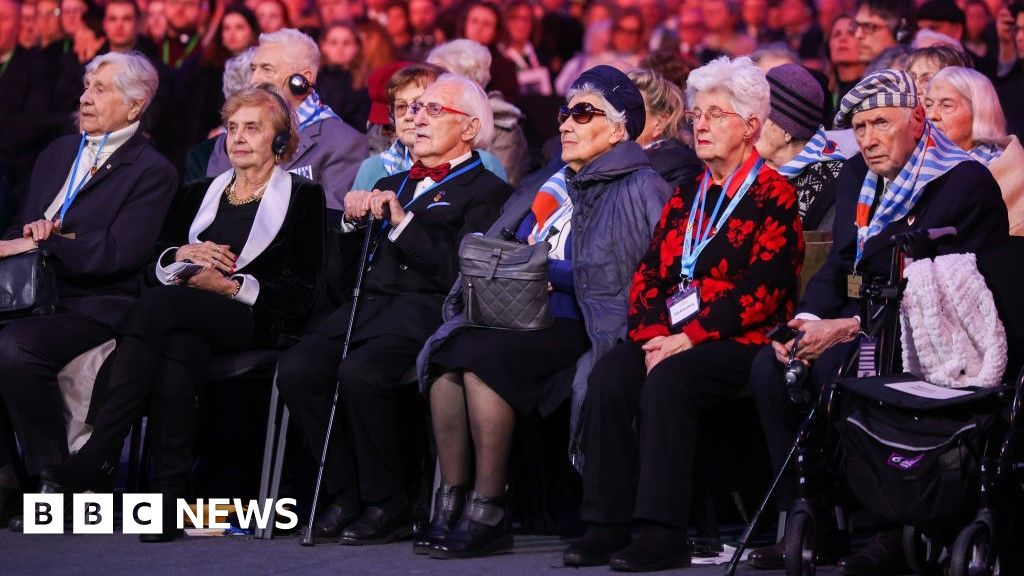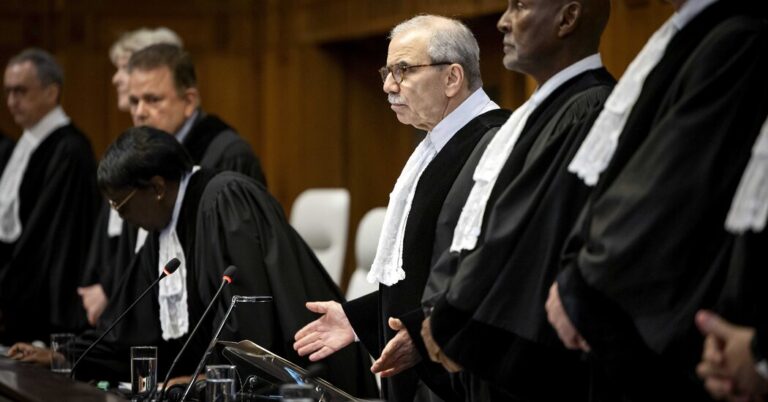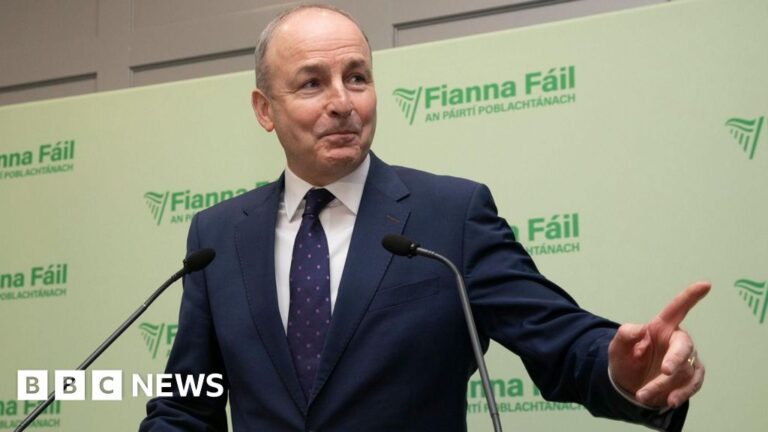Here is the plain text result:
Their numbers are dwindling but the voices of the Auschwitz survivors remain powerful. “We were stripped of all humanity,” said Leon Weintraub, 99, the oldest of four who spoke beside the notorious Death Gate at the Birkenau extermination camp.
World leaders and European royalty rubbed shoulders with 56 survivors of Hitler’s genocide of European Jews on Monday as they marked 80 years since its liberation.
“We were victims in a moral vacuum,” said Tova Friedman, who described witnessing the horrors of Nazi persecution as a five and a half year-old girl clinging to her mother’s hand.
The Nazis murdered 1.1 million people at Auschwitz-Birkenau between 1941 and 1945. Almost a million were Jews, 70,000 were Polish prisoners, 21,000 Roma, 15,000 Soviet prisoners of war and an unknown number of gay men.
Memory was the watchword of this day, marked around the world as International Holocaust Memorial Day. Polish President Andrzej Duda pledged that Poland could be entrusted to preserve the memory of the six death camps on its territory, at Treblinka, Sobibor, Belzec, Majdanek and Chelmno.
“We are the guardians of memory,” said Duda, after laying a wreath at the wall where thousands of prisoners were executed at Auschwitz 1, the concentration camp 3km (1.85 miles) away from Birkenau.
Far away from the entrance to a Nazi death camp, at the United Nations in New York, Secretary General António Guterres said “remembrance is not only a moral act, it’s a call to action”, and warned that Holocaust denial was spreading and hatred was being stirred up across the globe.
As he toured the camp, King Charles III laid a wreath in memory of the victims. Sources close to the King said it was a profound visit for him, and one aide described it as a “deeply personal pilgrimage”.
Hours earlier, he said remembering the “evils of the past” remained a “vital task”. Visiting the Jewish Community Centre in Krakow, which he opened 17 years ago, the King said the Krakow Jewish community had been “reborn” from the ashes of the Holocaust, and that building a kinder and more compassionate world for future generations was the “sacred task of us all”.
Source link




